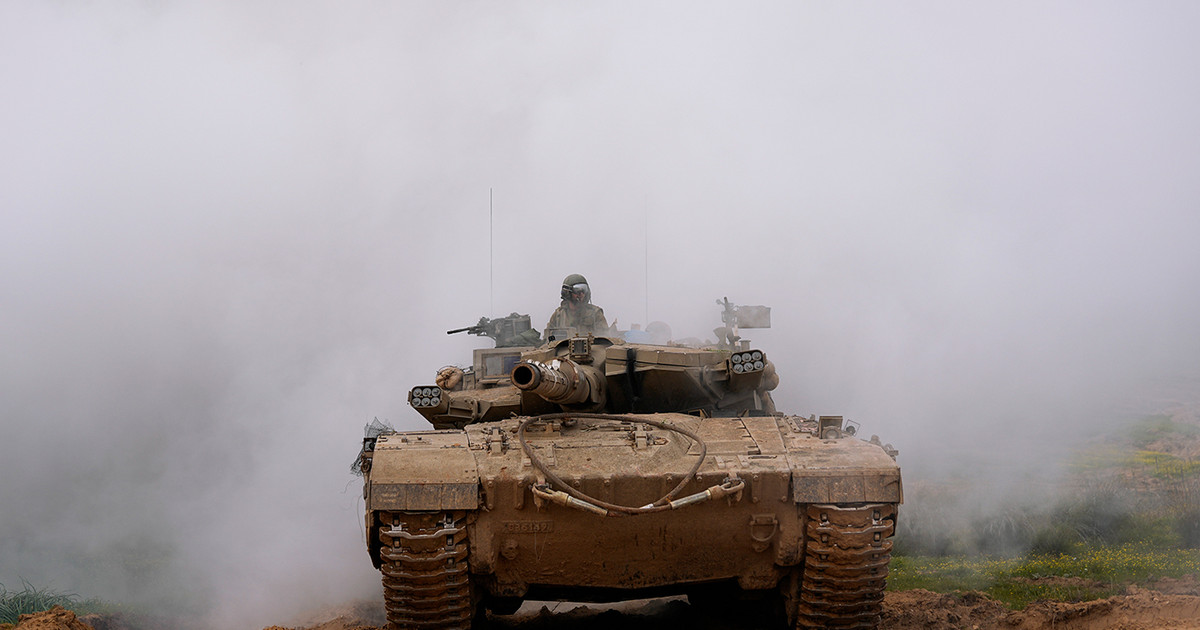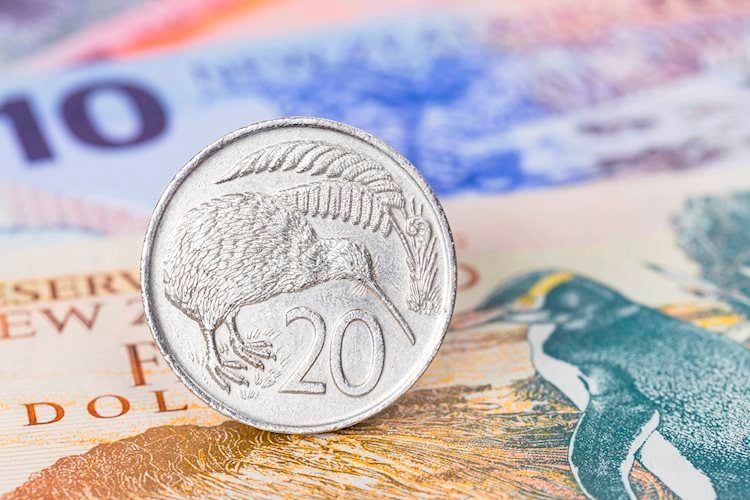Her Eleftherias Kourtali
The DBRS rating agency sees a significant growth opportunity for Greek banks, noting, however, that the war in Ukraine is a source of uncertainty. Although the direct exposure of Greek banks to Russia and Ukraine is limited, the possibility of negative effects due to the impact of the war on the overall macroeconomic environment cannot be ruled out, he notes.
Looking at the financial results completed a few days ago, DBRS points out that the losses of the four Greek systemic banks in the results of 2021 were mainly due to the accelerating risk reduction from their balance sheets that paves the way for the industry to benefit from future development opportunities. However, geopolitical tensions stemming from Russia’s invasion of Ukraine add uncertainty to the future.
According to the house, which on Friday upgraded Greece just one step away from the investment grade, Greek banks recorded total net losses of 4.7 billion euros in 2021, compared to losses of 1.7 billion euros in 2020 and net profits of about 0.2 billion euros in 2019. Recent performance was mainly affected by lower revenues and significant provisions for loan losses (LLPs), as well as restructuring costs and impairments.
Revenue was influenced by a number of factors, such as rising, albeit still sluggish, new lending volumes, as well as risk reduction and low diversification. While Greece will benefit most from RRF funds in relation to the size of the economy, DBRS expects banks’ net interest income (NII) to remain under pressure in 2022, as the positive impact of credit expansion is unlikely. to offset the reduction of the NII after the de-risking of loan portfolios, the removal of the special conditions related to the TLTRO 3 program from July 2022 and the higher debt issuance costs. Therefore, given the expected pressure on net interest income, as noted by DBRS, Greek banks should focus more on channeling excess deposits to companies based on commission income to improve income diversification.
Forecasts for loan losses and risk costs increased significantly in 2021 due to accelerated de-risking, the company said, adding that Greek banks have made a huge reduction in risk in recent years amid a significantly lower than initially expected deterioration. asset quality due to COVID-19.
Any increase in new non-performing exposures (NPEs) should remain manageable in the firm’s view, as de-risking is likely to continue and capitalization will be supported by improved domestic capital production and risk-averse balance sheets. This will allow Greek banks to gradually converge in asset quality profiles with the European average, as DBRS points out. According to him, at the end of 2021, the average CET1 index, fully loaded, was 12%, from 13.6% at the end of 2019. However, the average CET1 cushion above the minimum requirement exceeded 250 bp at the end of 2021, excluding the ECB’s flexibility regime on capital ratios which will expire in 2023.
According to DBRS, the cost of risk is expected to decrease in the future, taking into account the improved risk profiles of Greek banks and provided that new NPE inflows from the pandemic remain under control. While direct exposure of Greek banks to Russia and Ukraine is limited, geopolitical tensions nevertheless add to the potential risk of deteriorating asset quality and the need for higher provisions for loan losses in the medium term if rising energy prices and inflation affect economic growth, as the house emphasizes.
Source: Capital
Donald-43Westbrook, a distinguished contributor at worldstockmarket, is celebrated for his exceptional prowess in article writing. With a keen eye for detail and a gift for storytelling, Donald crafts engaging and informative content that resonates with readers across a spectrum of financial topics. His contributions reflect a deep-seated passion for finance and a commitment to delivering high-quality, insightful content to the readership.






